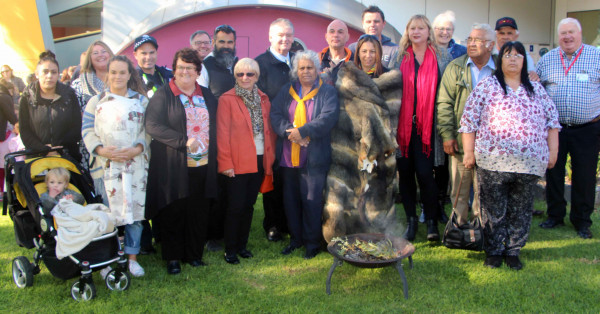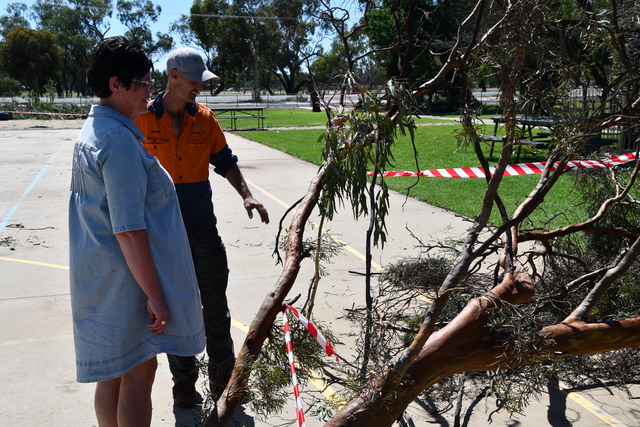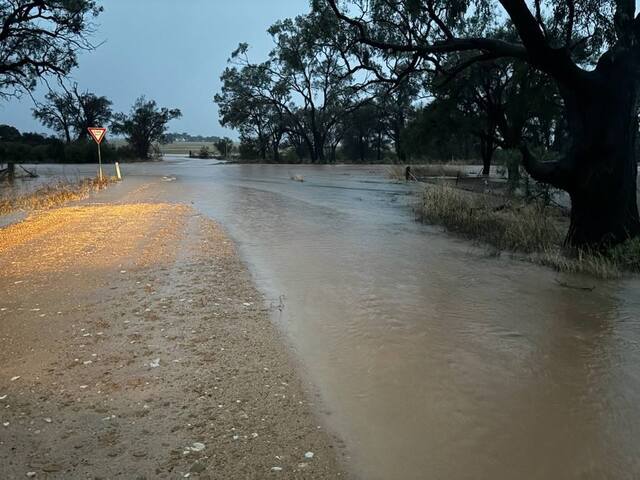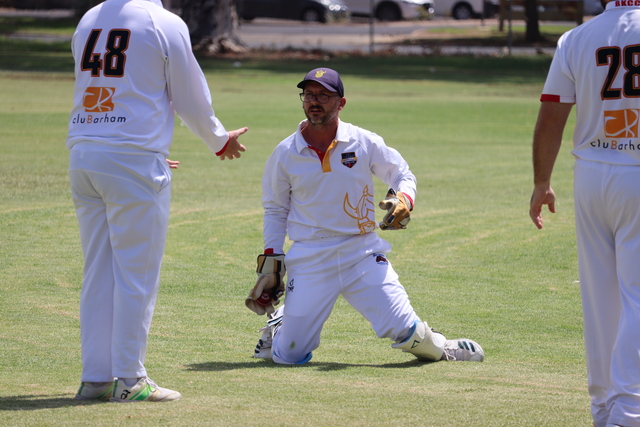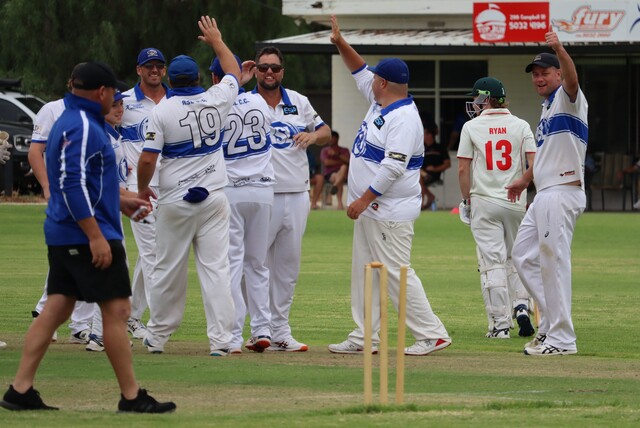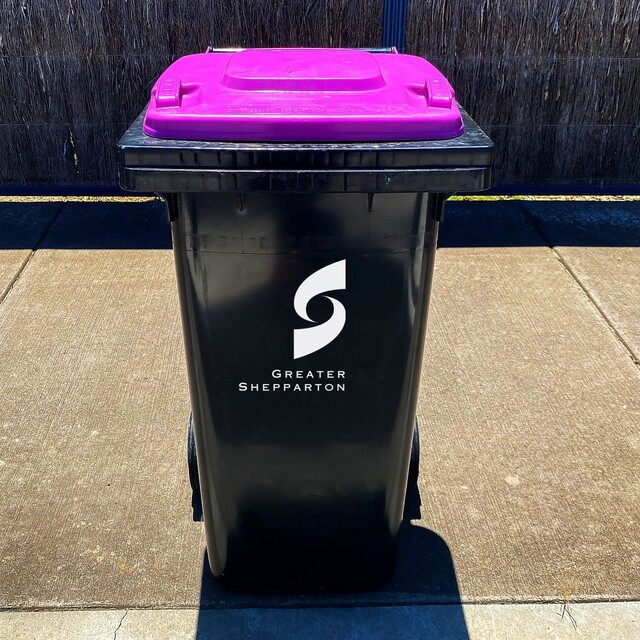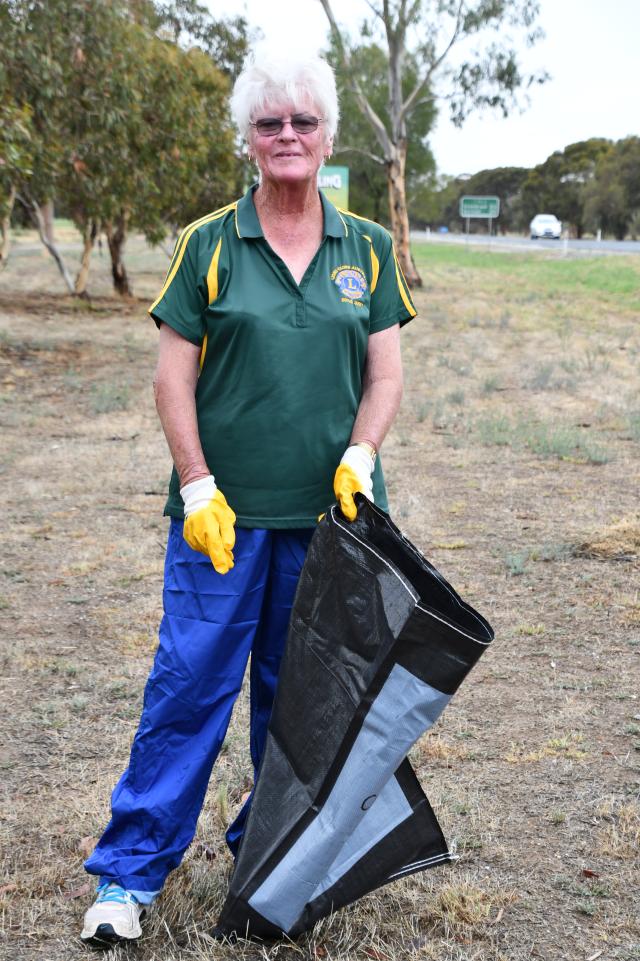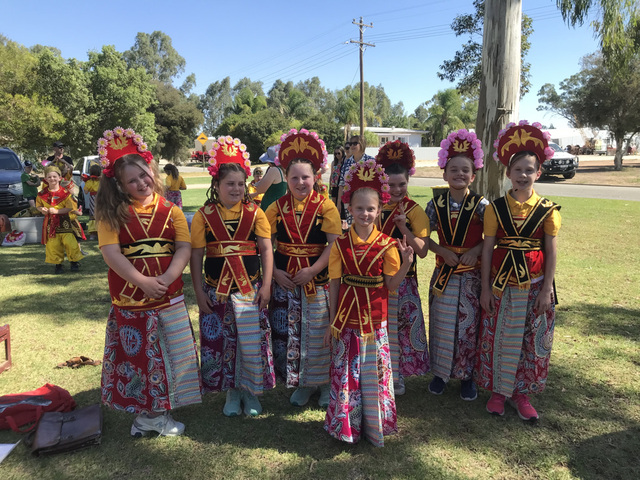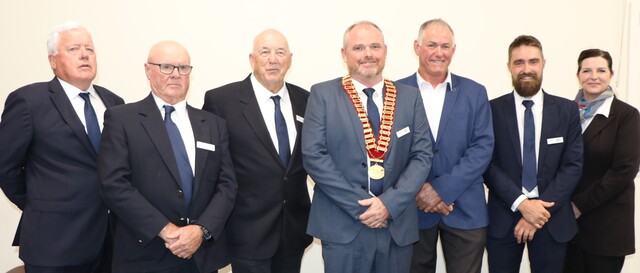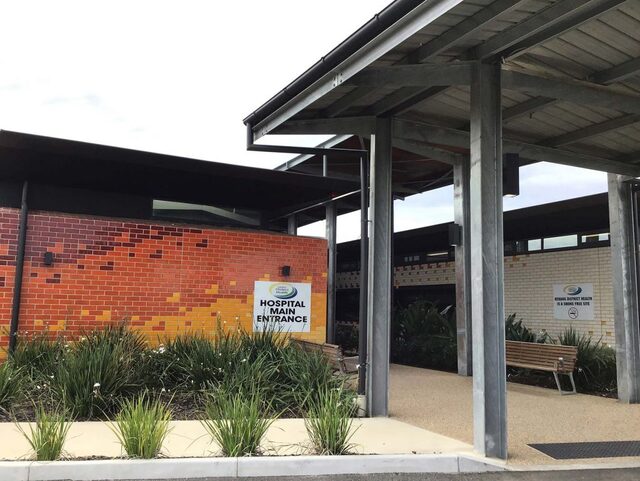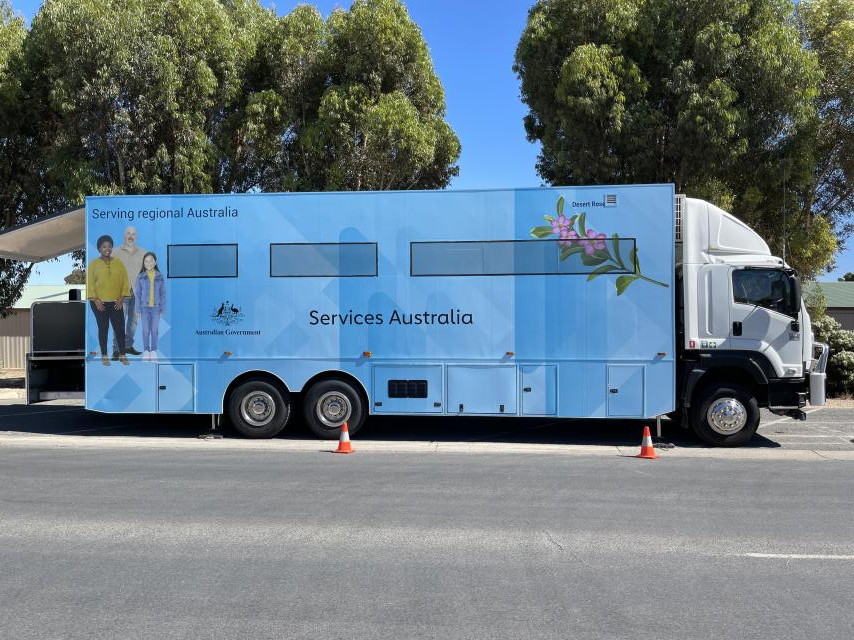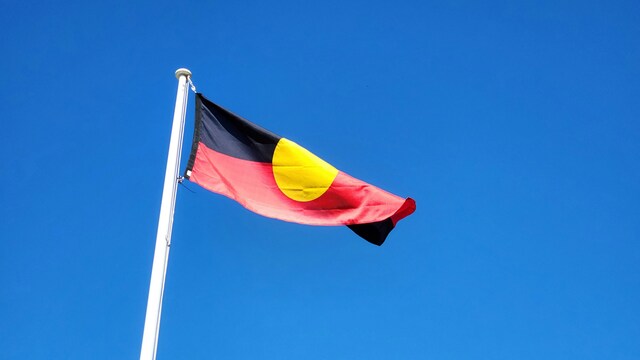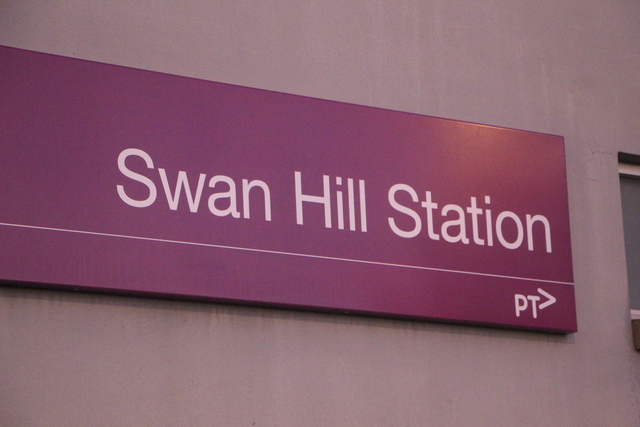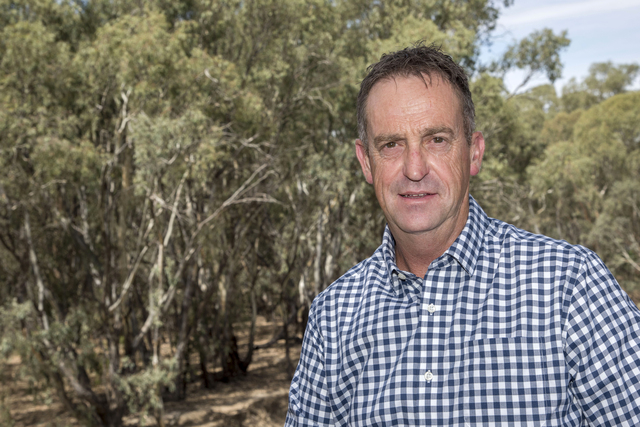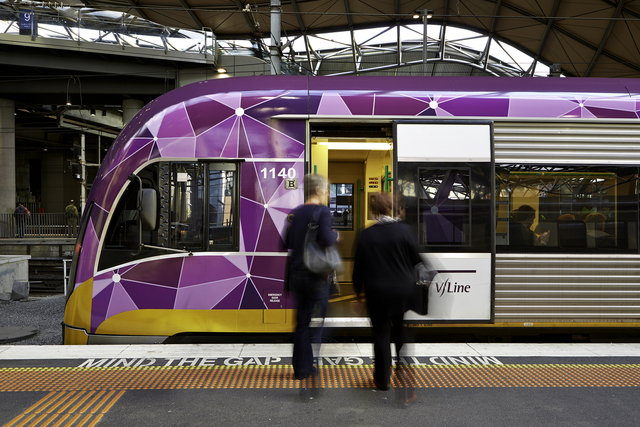
RECONCILIATION is easy to say, not easy to do, according to local Aboriginal Barapa Barapa Elders.
But, yesterday’s reconciliation ceremony in Kerang attempted to bridge gaps of understanding and respect for the district’s Aboriginal community.
In a historic move, the Kerang Aboriginal Elders, Gannawarra Shire Council, Northern District Community Health Service, Kerang District Health, Cohuna District Hospital, Kerang Mallee District Aboriginal Service, Victoria Police and Kerang Local Aboriginal Network signed an agreement to encourage the development of respect for an understanding of Aboriginal people, their history and culture.
A Welcome to Country smoking ceremony welcomed close to 200 people to the tradition custodians’ land after a mass walk from the council’s Victoria Street chamber to a flag-raising ceremony, near the Sir John Gorton Library precinct.
National Reconciliation Week, celebrated from May 27 to June 3, helps to build a platform for understanding our nation’s history, story and future.
This year marks 25 years since the establishment of the Council for Aboriginal Reconciliation, 15 years since the establishment of Reconciliation Australia, and 10 years of Reconciliation Australia’s Reconciliation Action Plan program.
Barapa Barapa Elder, Aunty Esther Kirby led the walk and ceremony.
Aunty Esther uses her art to bridge the cultural divide between traditional and contemporary life and is passionate about keeping her culture alive.
Born in Balranald to a family of 13 children, Aunty Kirby and her sister, Phoebe Nicholson, grew up on a mission and later moved along the Murray River to Kerang.
“It wasn’t until I was aged 17 when I was formerly recognised as a citizen of Australia,” she said.
“I wouldn’t swap my life for quids. I have had an interesting life, we were happy living up and down the river in tin huts with no electricity.”
Aunty Esther welcomed the agreement, which also acknowledged the principles in the United Nations Declaration on Rights of Indigenous Peoples.
“We have worked for some years to get council’s input into our reconciliation ceremonies. I only want people and organisations to acknowledge our people if they are willing and feel it genuinely,” she said.
“The partnership will go a long way to recognise that improving the health of Aboriginal and Torres Strait Islander people is a national priority.”
Gannawarra mayor, Cr Lorraine Learmonth said Reconciliation Week represent milestones in the fight for justice.
“While we know we have made significant progress in our journey towards reconciliation, we still have a long way to go,” she said.


